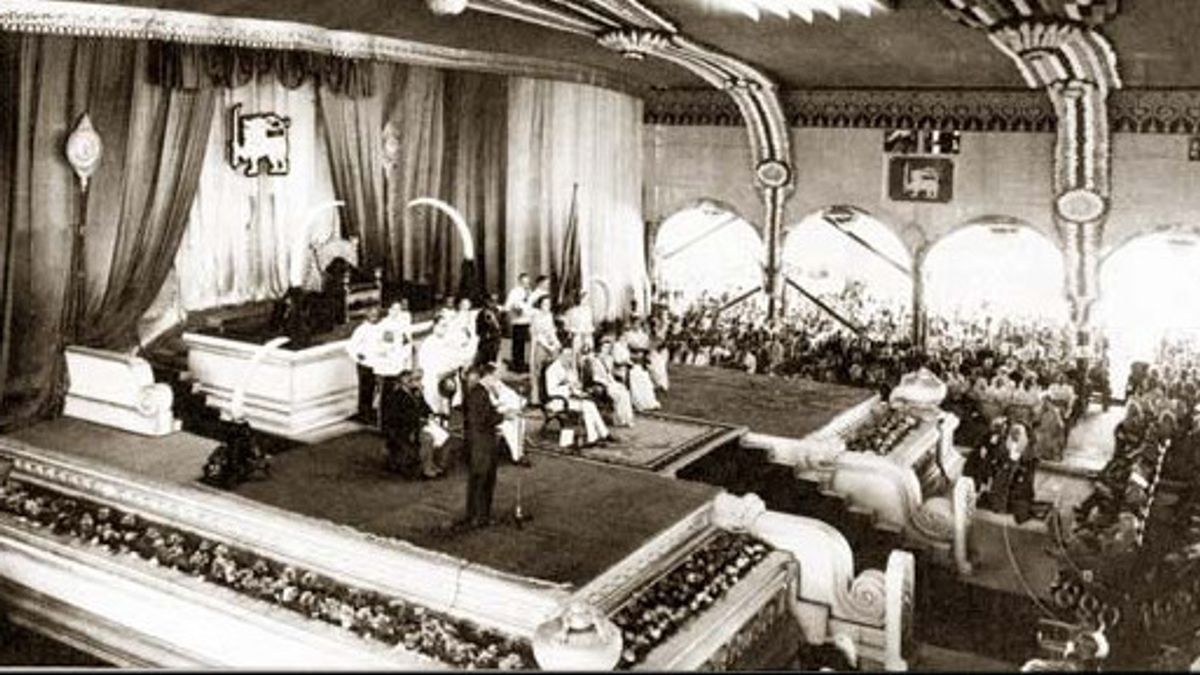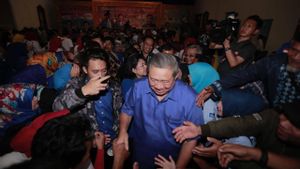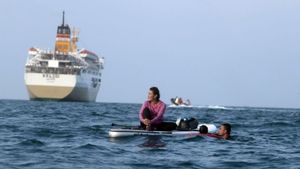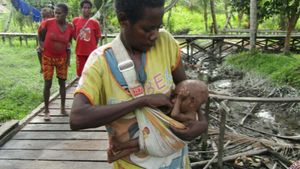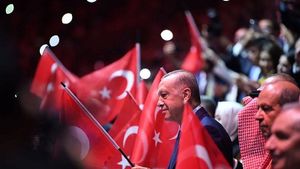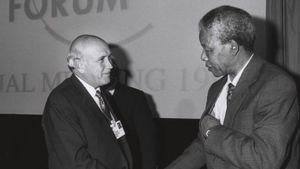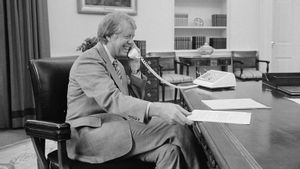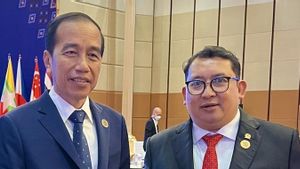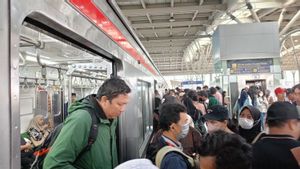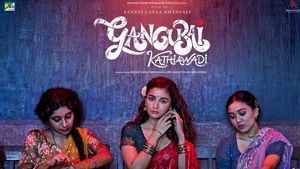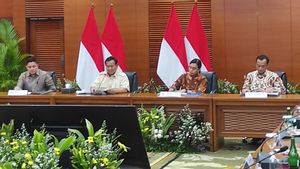JAKARTA History today, 76 years ago, February 4, 1948, Ceylon (now: Sri Lanka) is free from British colonialism. Independence was obtained because the nationalists Tamil and Sinhala groups - united to escape the shackles of colonialism.
Previously, Sri Lanka was an area familiar with colonialism practices. Several countries took turns colonizing Sri Lanka, from the Portuguese, Dutch, French, to British. This condition made educated people hot. They then struggled to get independence.
Colonialism is a disgrace in the course of Sri Lanka's history. The colonial practice has been carried out since time immemorial. Colonialization started from the arrival of the Portuguese, Dutch, to French. The passion for power originated because of the passion for profit from potential natural resources that can be produced in Sri Lanka.
England was attracted. They then used all means to be in power in the 1800s. France was also fought. The local kingdom was not spared from being the target of resistance. Britain also managed to control Sri Lanka in 1815.
This power made England immediately act to modernize Sri Lanka. Development was promoted. The slavery rules were removed. England began to build many schools. Since then English began to be known throughout Sri Lanka. The language of colonialism has become an introductory language for education.
However, the invaders are still colonialists. Colonialization is actually a lot of harm, rather than benefits. England began to make plantations like an important industry in Sri Lanka. The bumiputras began to be treated like dairy cows. England has made a lot of profit from the coffee trade to tea.
Ironically, the bumiputras did not get the appropriate results. Britain then provided space for the natives to receive education as a moral responsibility. In fact, the natives were involved in parliament.
In fact, it became the master's weapon. The nationalists slowly grew. They demanded the invaders to give more seats in parliament to the bumiputra.
The results were jarring. Instead of the nationals from the Tamil group (hindu) and the Sinhala (Buddha) group being servants to the rulers, they actually made efforts to bring Sri Lanka to independence. Even though the Tamil and Sinhala groups often fight.
The two groups then broke up because the Tamil leaders refused their position to be minimized in the Ceylon National Congress. On the other hand, a number of Sphala leaders were not satisfied with just getting bigger autonomy, and wanted independence for Ceylon. The struggle of the Sinhala people was spearheaded by several figures. Among others, Junius Richard Jayawardane, Don Stephen Sennayake, and Solomon Bandara naike.
In 1931, the population of Tamils in Ceylon was only 15 percent of the total population of Ceylon, while the population of the Sinhala people was 72 percent of the total population. The lawsuit by Ponnambalam (the Tamil figure) was rejected by British colonial authorities, who wanted to make Ceylon a democratic country by crossing ethnic sentiments, "explained Yoki Rakaryan Sukarjaputra in the book The Last Auman of the Tamil Tigers: The Sri Lankan Civil War 1976-2009 (2010).
The case of gaining independence is not easy. The Sri Lankan side, especially the Tamil and Sinhala ethnicities, must unite if they want independence. Unity is absolutely needed to break up British colonialism. Each ethnic group begins to establish their respective parties.
SEE ALSO:
The unified narrative made Britain no longer have power in Sri Lanka. As a result, Britain gave up Sri Lanka to proclaim its independence on February 4, 1948. The independence was greeted with great fanfare, even though the status of independence still made Sri Lanka the status of a British dominion country until 1972.
The actual independence for Sri Lanka took place on February 4, 1948. The independence came when the constitution, which was inaugurated in 1947, came into effect. The constitution regulates power from lawmakers to Senate members who are partially nominated and partly indirectly elected by lawmakers, "is written on the Britannica page
The English, Chinese, Japanese, Arabic, and French versions are automatically generated by the AI. So there may still be inaccuracies in translating, please always see Indonesian as our main language. (system supported by DigitalSiber.id)
